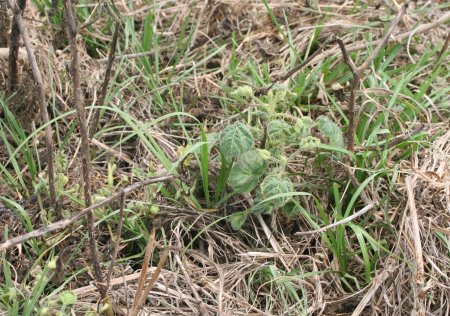Frost Influences Control of Tropical Soda Apple with Milestone and Forefront
Tropical soda apple is a familiar weed to ranchers across Florida. A significant amount of effort and money has been spent over 20 years to control this pest. However, in 2006 Milestone and Forefront were registered for use in Florida and dramatically improved the process of TSA control. These herbicides are highly effective on TSA from a foliar application as well as from soil residual activity. Additionally, ranchers are no longer required the rancher to mow TSA prior to application to improve the consistency of control.
In order to establish new recommendations for TSA control with Milestone and Forefront, research was conducted to determine the optimum application timing of these herbicides. Research trials were established in multiple locations from Tallahassee to Labelle, FL. Milestone at 7 fl. oz/A was applied at each location in the months of April, June, August, October, December, and February. At each location we observed that TSA control was >95% one month after treatment in all demonstration plots regardless of when Milestone was applied. TSA treated in April, June, August, October, and December had high levels (>95%) of both seedling and established TSA control two months after application. However, previously established TSA plants started to regrow from the rootstock two months after the February application (Figure 1), but residual seedling control was comparable to other application dates across the state. Plants that survived the February application timing did not grow as well as untreated plants, but flowering and fruiting did occur.
Environmental factors often influence herbicide efficacy. Failure to control TSA with Milestone in February was likely due to frost before or soon after treatment. Milestone is a very slow herbicide that often requires 4 to 6 weeks to control TSA. Therefore, a frost before application will likely damage the leaf tissue and inhibit herbicide entry into the plant. A frost soon after application would damage the leaf and not allow the herbicide to translocate to the rootstock. This is most likely the reason why the plants treated in February resprouted after application.
Frost, while not uncommon in north and central Florida, does not occur every year in south Florida. Therefore, Milestone should not be applied when frost is likely to occur. In Florida, it is recommended that Milestone or Forefront should not be applied from January through March when TSA is the target weed species.


